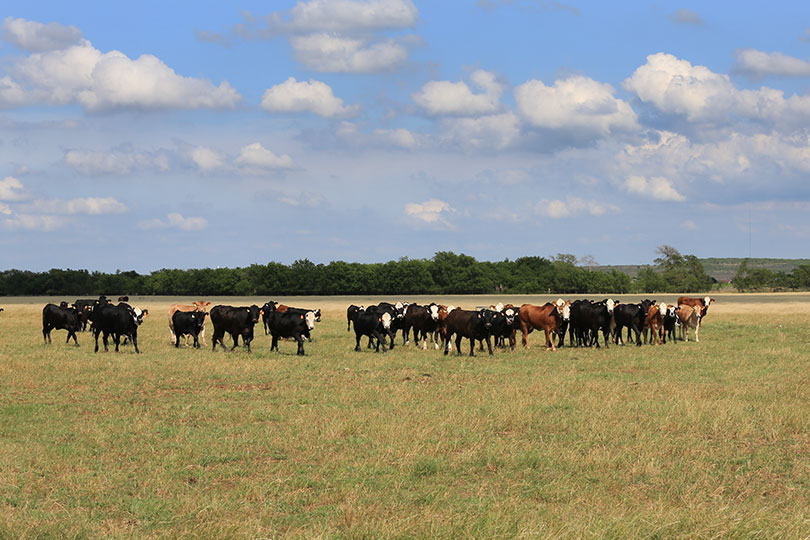The U.S. House Agriculture Committee voted to advance the bipartisan Cattle Contract Library Act of 2021 (HR 5609). The bill must still be approved by the full House and Senate before it could be signed into law.
The bill was introduced by Rep. Dusty Johnson of South Dakota and Rep. Henry Cuellar from Texas.
The bill, as it currently stands, would establish a library of contracts for the U.S. Department of Agriculture’s (USDA) Agricultural Marketing Service (AMS) to report terms of alternative marketing agreements between packers and producers, equipping ranchers with additional market data needed to make informed marketing and business decisions. The USDA library would provide producers with key details on cattle contracts, including the type and duration.
A similar library currently exists for the pork sector.
The contract library was on a list of requested items that representatives of livestock and agricultural organizations developed earlier this year.
The information would be made available in weekly or monthly reports that would include:
- Total number of fed cattle committed under contracts for delivery to packers within the six-month and 12-month periods following the date of the report. They would be available by region and contract type.
- Number of contracts with an open commitment along with any limitations on number of cattle to be delivered under such contracts
- Total maximum number of fed cattle to be delivered within the six-month and 12-month periods by both region and contract type.
The type of contract included in the cattle contract library would cover the mechanism used to determine the base price for the fed cattle committed to a packer under the contractor, such as formula purchases, negotiated grid purchases, forward contracts and other purchase agreements, as determined by the U.S. secretary of agriculture.
In the case of a contract in which a specific number of cattle are not solely committed to the packer, an indication that the contract is an open commitment and any weekly, monthly, annual or other limitations on the number of cattle that may be delivered to the packer under the contract must be reported.
The measure would amend the Agricultural Marketing Act of 1946 to ensure the data is reported and published with other ongoing reports authorized by the Act.
USDA would be authorized to issue grants to universities, associations or other institutions that can work directly with ranchers to disseminate and analyze data to drive marketing decisions.
“The Cattle Contract Library Act ushers in greater transparency and competition to an industry that desperately needs it,” Johnson said after the vote. “I’m grateful to the farmers and ranchers for their critical input to come to a consensus, and I’m glad the committee answered this request.”
Texas Farm Bureau, the American Farm Bureau Federation and several other cattle and agricultural organizations support the legislation. It is also widely supported by both Republican and Democrat lawmakers.
The bill was introduced earlier this week, and the hearing was held Thursday, Oct. 21.
Click here to read the full bill.

